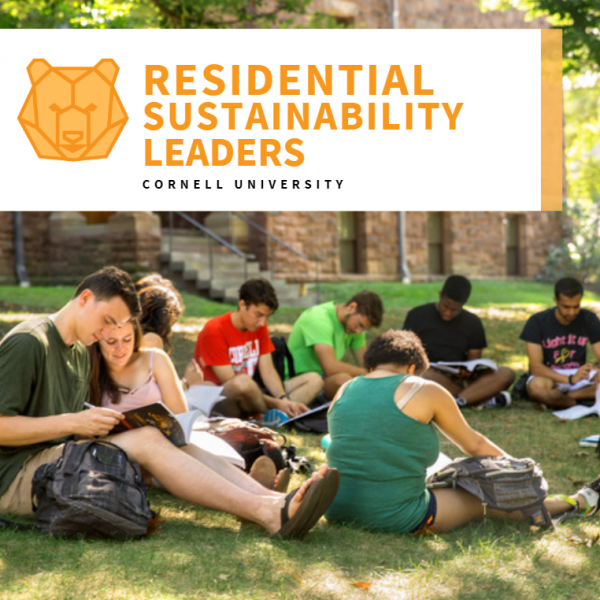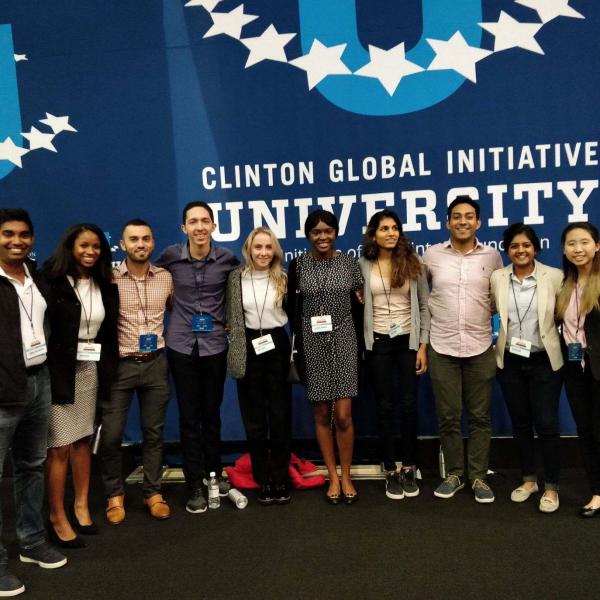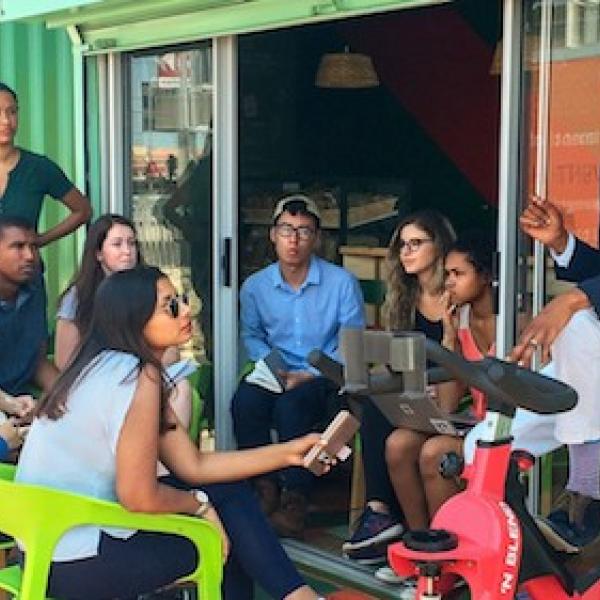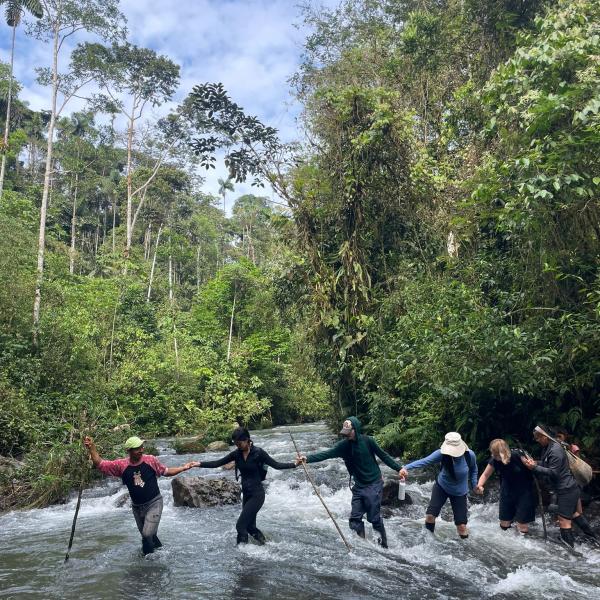Overview
To explore the manifestations, depth, and reproduction of inequality in sub-Saharan Africa, a region that is becoming a global epicenter of inequality. Through the course of a two-week stay in Cameroon, the students will examine the myriad of manifestations of inequality across various institutions across an individual’s life course, from cradle to grave. It will cover access to maternal health care (at birth), adequate nutrition (in early childhood), schooling and extracurricular cultivation (in childhood and adolescence), employment and adequate housing (in adulthood) and social security (in old-age). For each of these outcomes, students will visit and contrast people and institutions at both extremes of the distribution. More importantly, they will analyze the importance of discrete life experiences and various institutions in maintaining and reproducing inequality. The 10-day field experience will be preceded by a 7-week period of class preparation in the Fall semester. The field experience will be facilitated by IFORD (a pan-African Institute for Demographic Training), PICHNET, our research desk in Cameroon, and Comm’ Actions.
Students Learning Outcomes:
1) Complement theoretical understanding of inequality and related policies with a close-up field of the depth and pervasiveness of inequality in an international setting. One of our department’s concentrations and at least two core courses (GDEV 1101 & GDEV 3700) focus on inequality in the context of global development. These courses aptly cover theory and research on the causes, manifestations, and reproduction of inequality. Yet they would be usefully complemented by a field exploration of the depth of inequality and the structures that limit economic mobility and keep widening the economic gap between rich and poor.
2) Appraise the range of policy options considered (and those not considered) on the ground to address inequality.
3) Gain greater appreciation of the interconnectedness of the various processes reproducing inequality across generations.
Assignment
Students would write a weekly reflection on the readings for the first seven weeks. They would then choose a particular area of inequality and, prior to travel, write a short report of that aspect of inequality in Cameroon. After the trip, they would write up a summary report discussing the insights gained and lingering questions.






